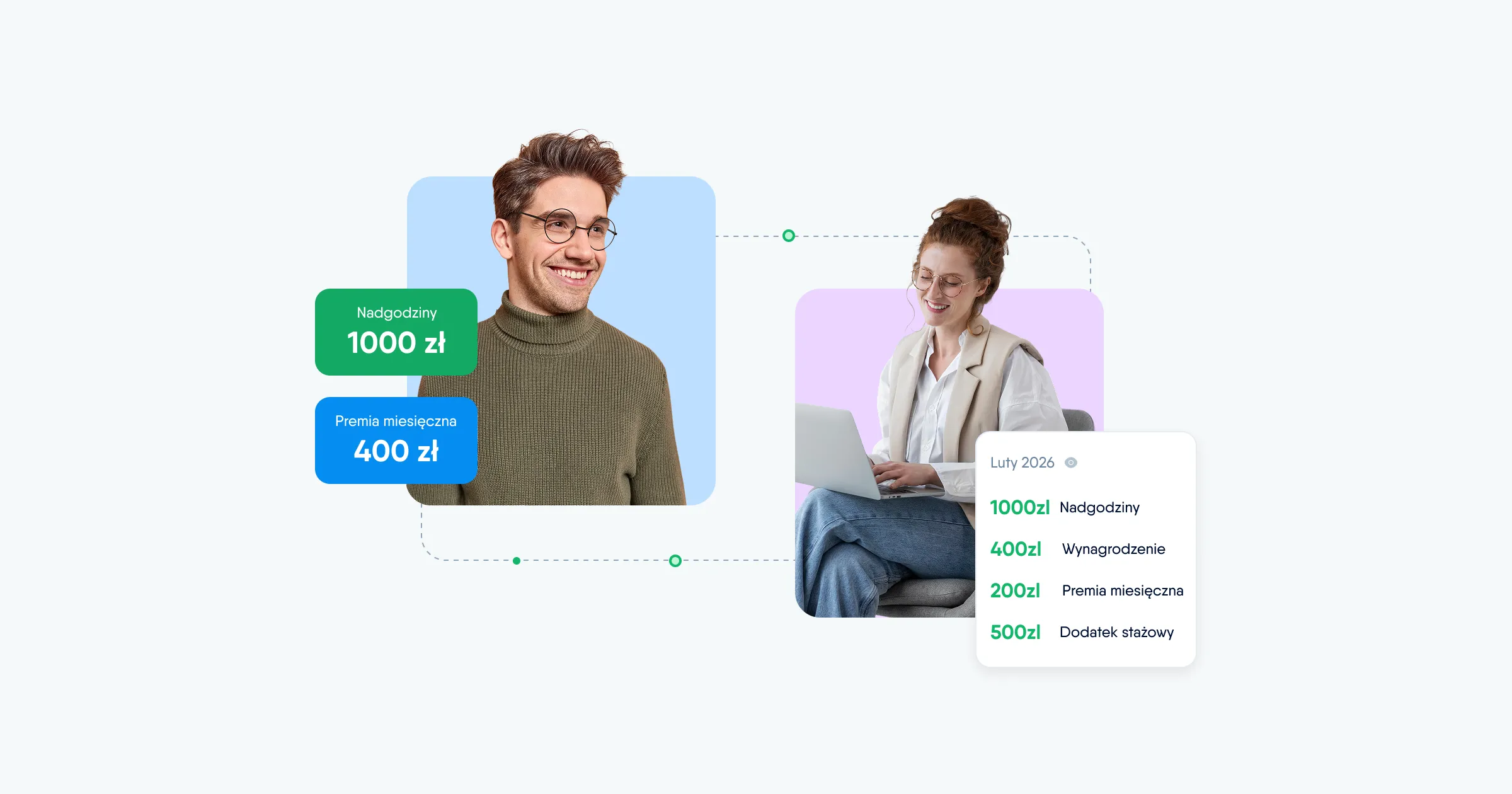HR tech
What is HR technology?
What is HR technology?
HR technology is a general term for all the technologies used by HR teams to improve the functioning of an organisation.
As you can imagine, HR intersects with many different areas within a business. As a result, there is a wide range of software that helps different functions.
However, the goal of all HR technology is the same - to improve the employee experience and provide better talent for the company.
Why should companies implement HR technology?
HR technology, often focused on automation is essential for retaining staff and getting maximum engagement from them. Automation saves time, allows employees to improve and avoids repetitive tasks that can lead to burnout. The corporate world is increasingly digital and it increasingly needs digital solutions.
Major trends in HR technology
Cloud technology and self-service
According to the PwC HR Technology Survey 2020, HR leaders report significant business benefits from using cloud-based HR systems, as opposed to those deployed on on-premises servers. These include increased productivity, a better employee experience and a better understanding of the workforce. New cloud systems can also provide employees with self-service tools, reducing the burden on HR staff to handle repetitive requests.
Of course, this technology has also been instrumental in enabling entire corporations to move to work from home, especially during the pandemic. Self-service technology in this regard has allowed companies to automate more tasks than was previously thought possible.
Talent attraction
The same PwC survey shows that there is increased focus on talent acquisition tools that help attract and retain the best workers. These include pre-employment assessment tools and automated candidate tracking systems, both of which help streamline the hiring process.
Data-driven workforce management
Data can drive many of the decisions a company makes. Instead of making decisions based on intuition you can use tools to produce clear and comprehensive reports on each employee's employment or performance.
Such tools can optimise your talent attraction, recruitment and retention strategies. For example, with the right data set, you can optimise the best recruitment channels to match those used by your top candidates.
You can also anticipate and meet your employees' needs using data from employee and candidate surveys. Analytics also allow HR professionals to assess employee experience, engagement and satisfaction.
Professional development and re-skilling
HR tools can help employees identify their skills, weaknesses and the direction of further learning. Such tools, including distance learning initiatives, can help build and sustain a culture of lifelong learning. It can also include staff assessment tools to see whether an employee is making progress within the company and whether they need additional training.
HR technology and HRM systems
Considering the above, HRM (HRMS) systems and HRIS systems are the perfect combination of technologies a company needs as they typically include a wide range of features - from simplified recruitment and applicant tracking systems, to employee assessment tools, and team engagement and well-being software.
PeopleForce highlights how the full range of features available can be adapted for small and medium-sized businesses. If you are also interested in HR technology and HRM systems, book a demo to speak to our experts about the features you need.

